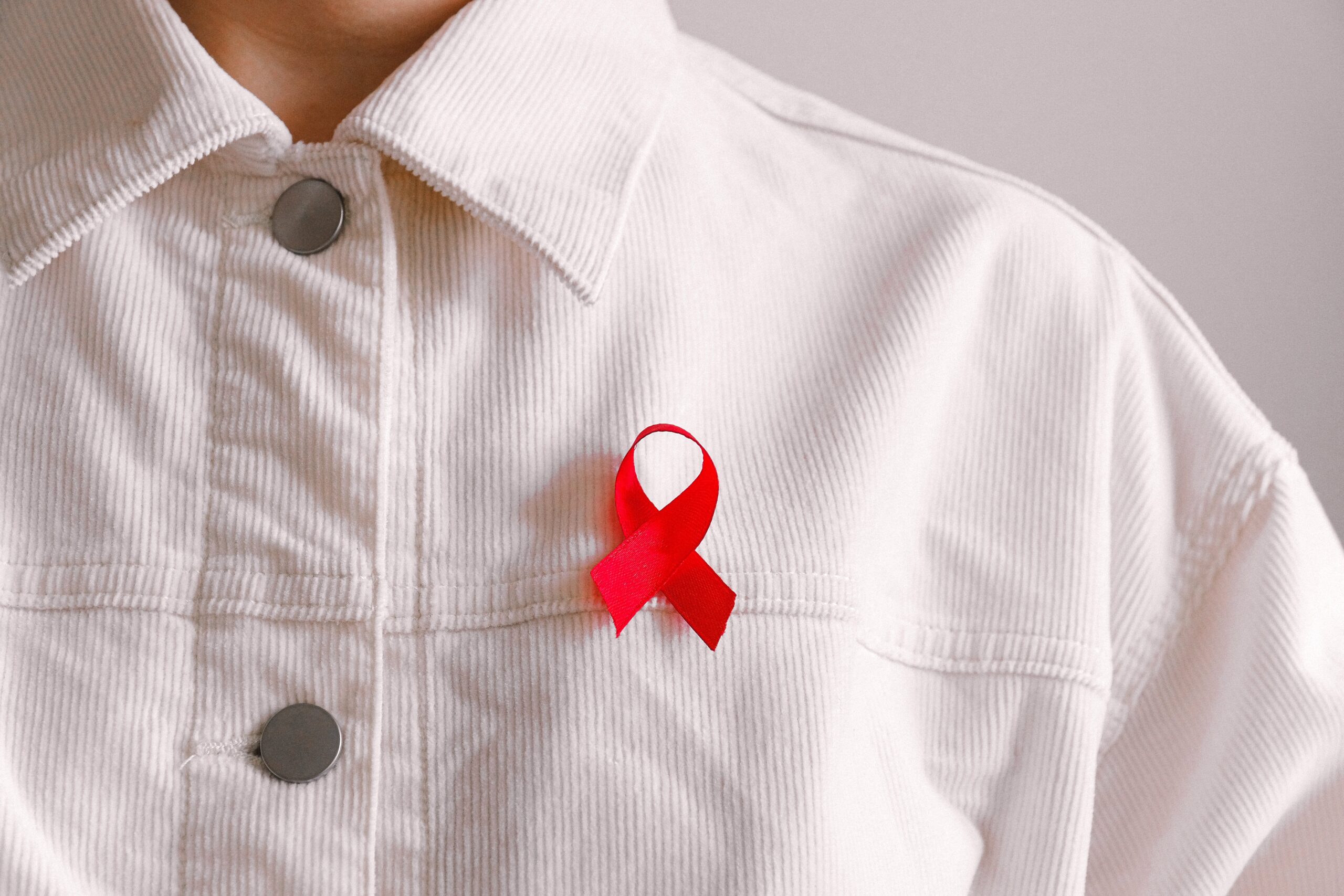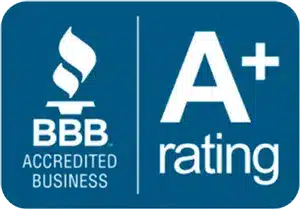Previously, HIV could mean lifelong illness or eventual death. Luckily, significant progress has been made in HIV treatment. This makes it possible for HIV patients to have a prolonged lifespan and improved quality of life. At Equality Health, we provide a comprehensive care approach with cutting-edge HIV treatment in Moore, OK for patients to help them manage their conditions effectively. Book your appointment today. Call us at (405) 761-2762.

Basics of HIV Treatment: What You Need To Know
HIV treatment enables individuals to lead more active and healthier lives. Our primary goal in HIV treatment revolves around two crucial aspects: achieving viral suppression and preserving the immune system.
Viral suppression refers to reducing the level of HIV in the body to undetectable levels. For this, we prescribe suitable antiretroviral medications that suppress the replication of the virus.
Next, since HIV specifically targets and weakens the immune system, our HIV treatment focuses on preserving the immune system’s function and preventing further deterioration. By reducing the viral load and allowing the immune system to recover, our treatment will help strengthen the patient’s ability to fight off infections and diseases.
To achieve these goals, we use combination therapy or highly active antiretroviral therapy (HAART), which involves simultaneously using multiple antiretroviral drugs from different classes. Antiretroviral therapy (ART) is the industry standard treatment for HIV that helps slow the progression of HIV, prevent opportunistic infections, and improve overall health.
So, by using multiple antiretroviral drugs from different classes simultaneously, we will reduce the likelihood of drug resistance in our patients and increase treatment efficacy.
Our HIV Treatment Initiatives in Moore, OK
At Equality Health, we follow the latest HIV treatment guidelines to determine when to start HIV treatment. This decision depends on various factors, including the patient’s CD4 cell count and the viral load.
Overall, we believe that starting early treatment has significant benefits, including better long-term health outcomes, reduced risk of opportunistic infections, and decreased transmission risk.
Furthermore, we understand that starting HIV treatment can come with various concerns and hesitations. But don’t worry. Our healthcare providers will take the time to address these concerns and provide accurate information and support. They will also handle all common problems, such as –
- How to manage side effects of HIV medication
- How to ensure commitment to treatment
- How to overcome the stigma surrounding HIV; and
- How to overcome financial barriers to afford treatment
Antiretroviral Medications
Treatment for HIV with drugs generally includes several classes of antiretroviral drugs. They include–
Nucleoside reverse transcriptase inhibitors (NRTIs)
- These drugs help to block an enzyme called reverse transcriptase, which HIV uses to make copies of itself.
- Examples of NRTIs include Zidovudine (AZT), Lamivudine (3TC), and Tenofovir (TDF).
Non-nucleoside reverse transcriptase inhibitors (NNRTIs)
- These drugs also block reverse transcriptase, but they do it in a different way than NRTIs.
- Examples of NNRTIs include Efavirenz (EFV), Nevirapine (NVP), and Rilpivirine (RPV).
Protease inhibitors (PIs)
- These drugs block an enzyme called protease, which HIV uses to make new virus particles.
- Examples of PIs include Atazanavir (ATV), Darunavir (DRV), and Lopinavir (LPV).
Integrase inhibitors (INSTIs)
- These drugs block an enzyme called integrase. This enzyme is used by HIV to insert its genetic material into the DNA of human cells.
- Examples of INSTIs include Dolutegravir (DTG), Elvitegravir (EVG), and Raltegravir (RAL).
Entry inhibitors
- These drugs prevent HIV from entering human cells.
- Examples of entry inhibitors include Enfuvirtide (T-20) and Maraviroc (MVC).
Booster drugs
- These drugs’ boost’ the effects of other antiretroviral drugs. They make the liver break down the primary drug more slowly, which means it stays in the body longer.
- Examples of booster drugs include Ritonavir (RTV) and Cobicistat (COBI).
Overall, antiretroviral drugs block the virus at various life cycles. The different classes of antiretroviral medications attack HIV in different ways, and we generally prescribe a combination of two or sometimes three categories of these drugs based on personalized requirements.
Monitoring HIV Treatment Progress
Along with following effective HIV treatment guidelines, it is also essential to regularly monitor a patient’s condition, which involves frequent tests to monitor CD4 cell counts, viral load testing, and other laboratory markers.
As mentioned earlier, our ultimate goal with HIV treatment is to obtain and maintain viral suppression. Hence, it is essential to regularly monitor various laboratory markers such as CD4 cell counts and viral load testing.
For that, we will conduct monitoring sessions based on individual treatment plans. These sessions are likely to be scheduled more frequently in the earlier stages of treatment to assess its effectiveness and to make changes to medications if necessary. As we achieve progress and stability in terms of managing the disease, we will recommend less frequent monitoring sessions.
Adherence to HIV Treatment
For HIV treatment to be effective, it is absolutely necessary to adhere to the program strictly. This is because inconsistencies in fighting HIV can cause the virus to mutate and become resistant to the prescribed antiretroviral drugs. This will make treating HIV more difficult in the future.
At Equality Health, we do understand that it can be difficult for our patients to adhere to treatment programs strictly. Therefore, we guide our patients in developing strategies that will help them adhere to the treatment. This may include such approaches as setting up routines, using medication reminders, and pill organizers, and also exploring how friends and family can be involved to provide further support.
Moreover, we provide counseling services in Moore, OK, for HIV to help patients overcome any challenges they may face in adhering to their treatment programs, facilitate peer support programs, and access community organizations specializing in HIV care.
Managing Side Effects of HIV Treatment
In certain cases, HIV medications can cause side effects such as fatigue, gastrointestinal issues, headache, rash and fluctuations in cholesterol and blood sugar levels. However, the symptoms do not necessarily occur in all patients. Even when they do, they are usually manageable.
Furthermore, our experienced healthcare providers help patients manage the side effects of HIV medications. They adjust the medication regimen, prescribe supportive medications to alleviate specific side effects, and provide lifestyle recommendations to minimize their impact.
Generally, you can manage most side effects at home, but there can be instances where medical attention is necessary. As such, you should report severe or persistent side effects so that we can provide essential care at our facilities.
Customizing HIV Treatment for Specific Populations
At Equality Health Care, we recognize the unique needs of different populations living with HIV and provide the latest HIV treatments in Moore. For instance, pregnant individuals with HIV require specialized care to protect or prevent transmission to their unborn child. Likewise, we provide age-appropriate care for underage and adolescents who require multidisciplinary approaches that consider their unique needs.
Moreover, for individuals with specific health conditions, such as hepatitis coinfection or mental health conditions, we provide specialized considerations for HIV treatment in Moore. Our healthcare team has expertise in HIV cures and in managing such cases and can provide tailored treatment plans to address the unique needs of individuals with specific health conditions.
HIV Treatment as Prevention in Moore, OK
In the treatment of HIV, there is a concept called Undetectable = Untransmittable (U=U), which means that people with HIV who achieve and maintain viral suppression through antiretroviral therapy (ART) cannot sexually transmit the virus to others.
This prevention method is estimated as 100% effective. As long as the person with HIV takes their medication as prescribed, the level of HIV in the body becomes and stays undetectable. However, for that to work, it is necessary to opt for regular testing and adhere to the prescribed treatment strictly.
Future Directions: Advancements in HIV Treatment
HIV treatment has evolved rapidly over the years, and further research and development can lead to more advancements in treatment options. These may include novel antiretroviral medications with improved efficacy and tolerability, long-acting formulations that reduce dosing frequency, and innovative therapies that eventually may help cure HIV.
At Equality Health, we are committed to staying at the forefront of HIV treatment advancements. We make immense efforts to remain updated with the newest HIV treatment techniques and partner with leading experts to provide our patients with the most up-to-date and effective treatment options. Along with HIV treatment, we provide HIV testing, Hepatitis C testing, Hepatitis C treatment, PrEP for HIV prevention, STD testing, and STD treatment in Moore. Contact us for HIV treatment in Moore, OK. Call Equality Health at (405) 761-2762 now and take charge of your sexual health.
Frequently Asked Questions (FAQs)
No, it is not. PrEP is for people who are HIV-negative and have a higher chance of getting infected with HIV, whereas HIV treatment is for the ones who have already been infected with HIV. PrEP reduces the possibility of HIV transmission from drug injection by at least 74% and eliminates the risk of infecting HIV through sex by about 99%. Its efficacy in preventing HIV fully depends on taking the right medications and strictly following the directions on the prescription.
Antiretroviral therapy (ART): This treatment involves combining different medications to reduce the replication of the HIV virus, which reduces its ability to harm your immune system.
Equality Health offers HIV treatment. We use different HIV treatment plans like antiretroviral therapy and combination therapy to treat HIV-infected patients. At Equality Health, we work closely with other healthcare professionals and specialists to deliver seamless and ongoing care to our patients.
HIV treatment costs will depend on your insurance. If you have insurance like Medicare and Medicaid, then it’ll cover most of the treatments and drugs. If you are uninsured, we can help you get insurance or use patient assistance programs to help cover costs.
Since HIV is a chronic illness, the majority of insurance policies do cover its treatment. At Equality Health, we assist our patients to get insurance like Medicare and Medicaid that’ll cover most of the treatment costs. Additionally, we work with our partners to support the uninsured patient’s insurance costs. After that, the patient can use their insurance to pay for doctor visits and prescribed drugs.


